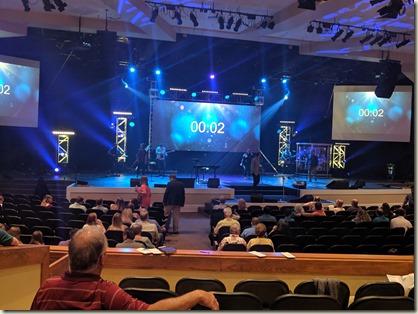We are approaching a special time of year in the Christian calendar- the season of Lent. If you don’t happen to have a church background and have no idea what Lent is about, or if your tribe of Christianity does not observe Lent, then let’s take a few minutes to learn what Lent is all about.
Lent is the 40-day period of time prior to Easter when Christians spiritually prepare themselves to celebrate Easter Sunday. The main focus of Lent is penitence- becoming aware of our spiritual shortcomings, mourning our sinfulness, and coming to a place of repentance. The goal is to celebrate Easter spiritually clean, refreshed, and revived.
Christians have observed Lent for centuries. It actually began as a time of preparation for candidates for baptism, and also a time for people who were excluded from Communion to be restored.
Although many of the early methods of observing Lent have passed away, there are three main ways modern Christians observe Lent: fasting, abstaining from something of value, and giving themselves in service. Many Christians fast during this time to simulate Christ’s 40 day fast in the wilderness prior to his temptation (Matt. 4:1-2), either a meal a day or eating only in the evening. Other Christians observe Lent by giving up something meaningful or valuable in their lives- watching TV, favorite foods, or other things as a symbol of repentance. Also, many Christians look for ways to serve others, or look for opportunities to give money to the poor or underprivileged.
Lent begins on Ash Wednesday, and many churches offer a special Ash Wednesday service. At the conclusion of the service, the pastor or priest applies a smudge of ashes onto the forehead of believers, signifying an attitude of penitence (in the Old Testament, people who were mourning wore sack cloths and ashes to signify their sadness).
I encourage you to consider observing Lent for yourself this year. As you take time to focus on your spiritual life, and as you choose something of value to give up or forego, I think you’ll discover a sacred and deeply spiritual experience. We travel through life at breakneck speed, devoting far too much time to inconsequential things, while neglecting those that are important. Lent helps us slow down, see ourselves as we really are, and do the things that help us become who God wants us to be.










